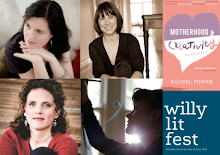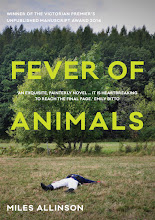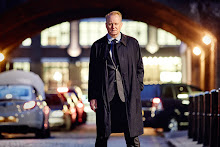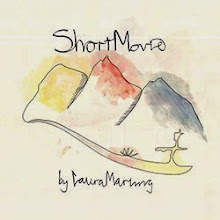 Between homebirthing, uranium mining and whether or not Michael Jackson was murdered (oh, sorry, everyone was over that one before it began, really, weren't they?), there's a lot to be fired up about at the moment.
Between homebirthing, uranium mining and whether or not Michael Jackson was murdered (oh, sorry, everyone was over that one before it began, really, weren't they?), there's a lot to be fired up about at the moment.But top of my list right now is the issue of parallel imports for books--because there's still a chance we can do something to stop the Government going ahead with these ridiculous changes.
If you haven't heard much about the proposed changes to local laws on the importing of books, I urge you to take a look at Saving Aussie Books to find out more about the devastating impact these new laws will have on the Australian publishing industry.
Despite an outspoken campaign by authors, publishers and even many booksellers, the Productivity Commission last month recommended the Federal Government lift all restrictions on parallel importation of books on the basis that it will result in cheaper books for Australian consumers.
Publishers and authors would retain territorial copyright on works for only the first 12 months of a book's life, after which time booksellers could purchase any edition from any source in the world. Foreign editions characteristically pay a much lower royalty.
The US, Britain and Canada all support territorial copyright for books--so why would we put our own authors and industry at risk?
Writer Sally Rippin told me she was talking to a NZ author recently who said the independent bookselling scene has been annihilated there because of the introduction of these same laws.
One of the other risks of this new globalised market is that publishers will probably prefer bland books that can easily cross borders.
As writer Sheryl Gwyther has said: “Do you want to see Australian children reading books without Australian content and Americanised with Mom instead of Mum or faucets instead of taps, and vacation instead of holiday?”
Children’s writer Mem Fox agrees: “It’s tantamount to firing the entire writing workforce in Australia and outsourcing it to other countries, who will in turn change the vocabulary and cultural references that the outsourcing country finds difficult to grasp.
“This, in its turn, would mean in our case that particularly Australian books would not be published. … No go for a book like Possum Magic, then, with a huge loss to readers and local cultural capital.”
Fox earns 5% for each book sold — 64¢ on a $12.95 paperback of Possum Magic. Losing territorial copyright would reduce her royalty to 29¢. “It makes my old WorkChoices contract look like a gift from a fairy godmother,” she says.
Australian publishers including Text’s Michael Heyward, Scribe’s Harry Rosenbloom and Hardie Grant’s Sandy Grant have all defended the current system, crediting it with creating the “energy” in the nation’s most successful cultural industry and encouraging publishers to nurture their writers.
The changes would transform Australia from a publishing centre to a marketplace, Grant has warned.
Gwyther is leading the Saving Aussie Books campaign to increase the pressure on the Federal Government to reject the commission's report. “This corporate campaign to do in Australian authors and small independent publishers and bookshops is being ably run and organised by the giant corporations,” she says.
“Are we prepared to let Coles and K-Mart monopolise the economic, political and cultural agendas?”
Please get involved. This issue is too important to ignore.





















